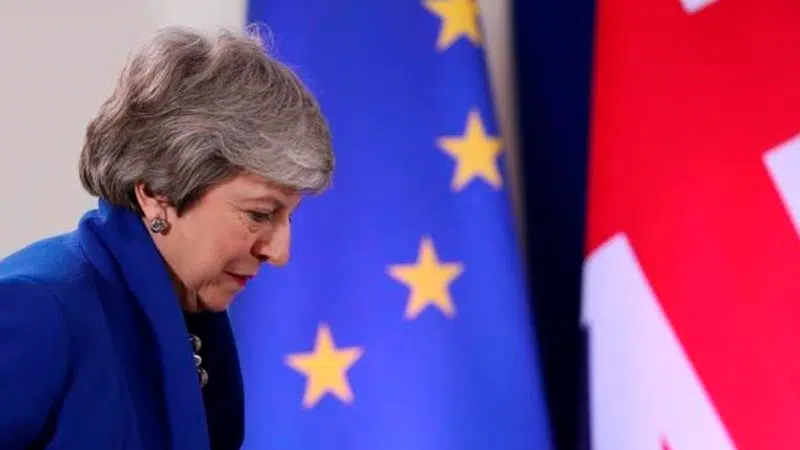
UK’s May faces Parliament after EU grants Brexit extension
LONDON — A clearly frustrated European Union has given Britain a few more months to find a way out of its Brexit quagmire. Now it’s up to Britain’s squabbling politicians to work out if they can meet the new Halloween deadline.
Prime Minister Theresa May is expected to brief Parliament Thursday on the results of the emergency EU summit that ended in the early hours with the bloc agreeing an extension to the country’s departure until Oct. 31.
However, her path toward actually taking Britain out of the EU remains unclear.
